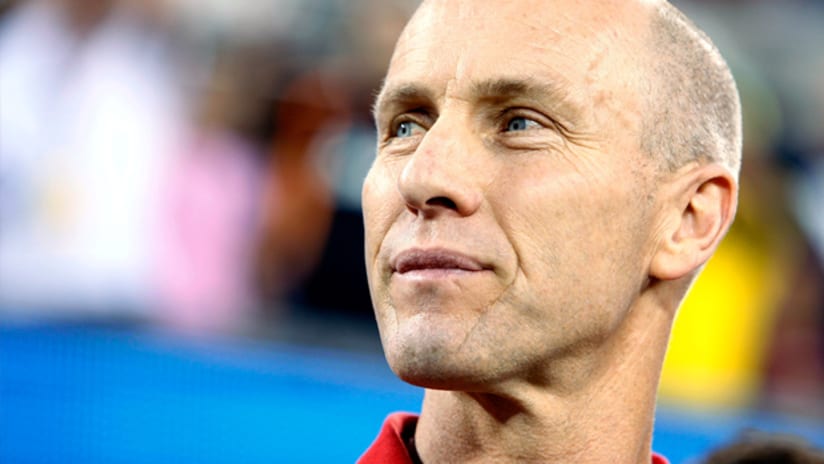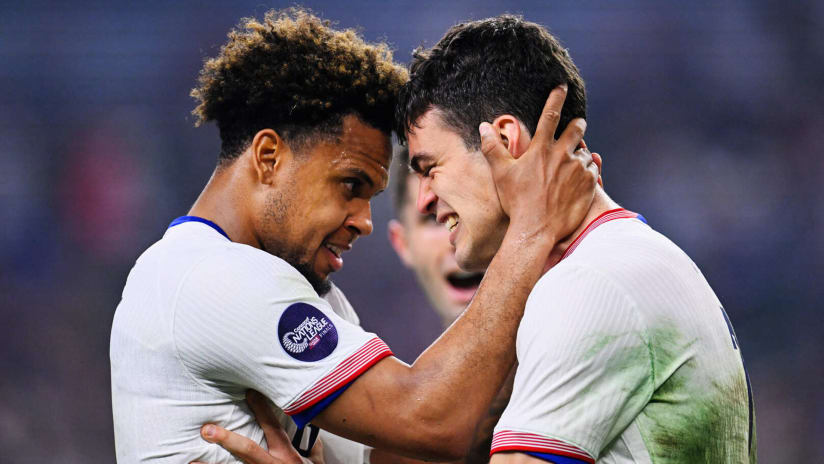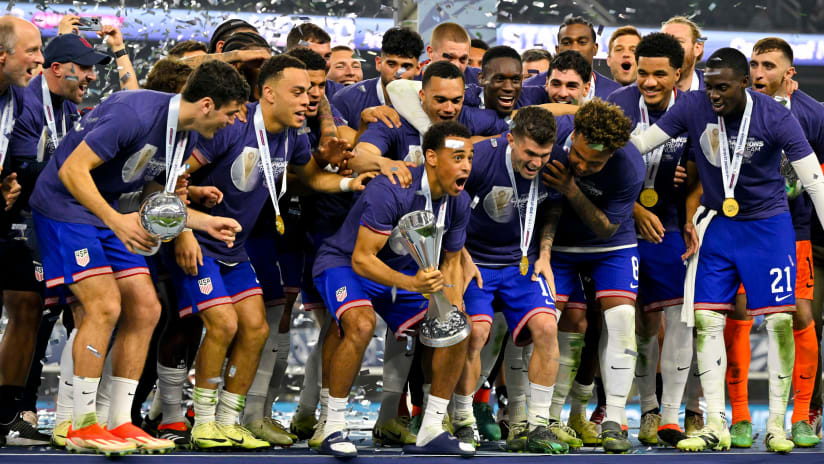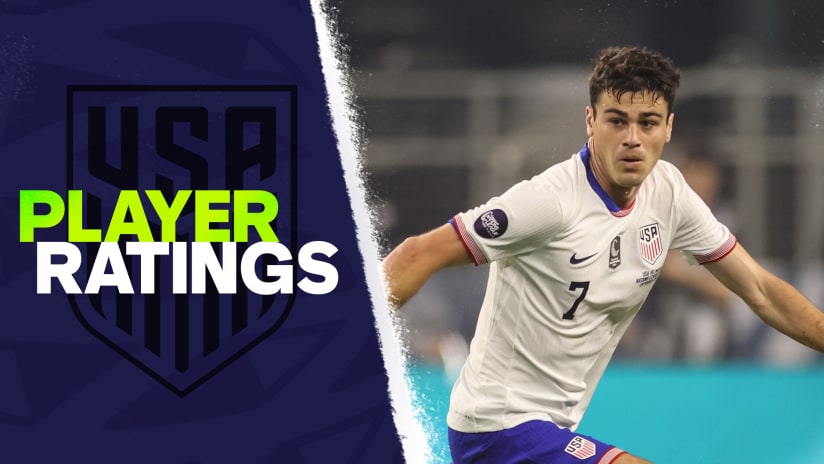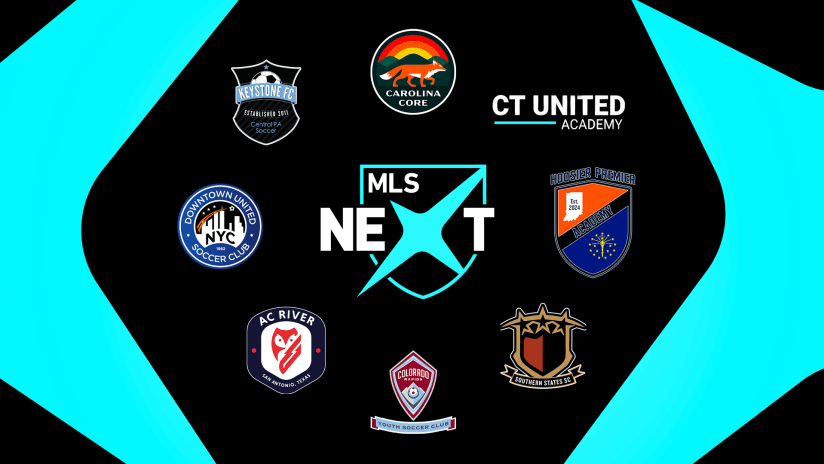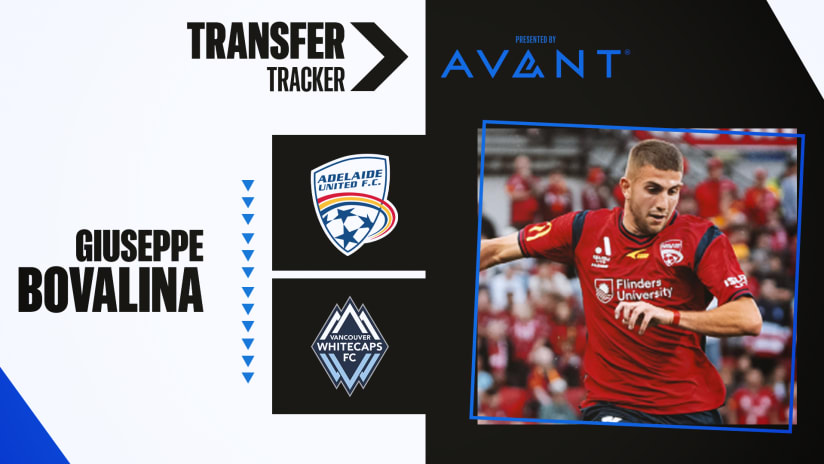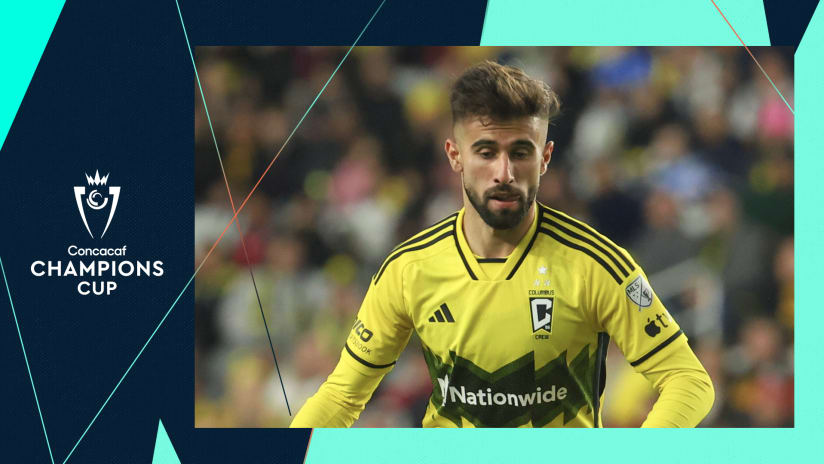If the United States’ do-or-die matchup against Guadeloupe on Tuesday night sounds like the same old record we’ve already heard, it should. We’ve been here before.
OK, so we’ve never actually been here before. The US national team has never been on the verge of getting bounced from the Gold Cup after a loss to Panama, a team most fans in the US expected to be a speed bump on the road to a matchup against a heavyweight like Mexico.
No, we’ve never been here before. The history lesson preached over and over again since the final whistle of their 2-1 loss to Panama on Saturday night in Tampa is true and unforgiving: The US had never lost in 20 all-time matches in the group stage prior to Saturday, and they’ve never failed to reach the knockout stage since the tournament’s inception in 1991.
But here’s what’s become all-too-familiar over the years for Americans who will gather around the TV or make the journey to Livestrong Sporting Park in Kansas City on Tuesday: Will this be the last game for head coach Bob Bradley?
Before we take it that far, though, let’s retrace our steps. We were here not even a year ago, with Bradley facing the last months of his contract with US Soccer, and the Yanks were carrying weary legs and somewhat heavy hearts into a post-World Cup exhibition at the New Meadowlands Stadium last August.
An inexperienced but glowing Brazilian side promptly dismantled the Americans, and, with Bradley rumored to be flirting with Fulham and Aston Villa, it appeared change was imminent while even veteran players wondered aloud where the team was headed in 2011.
Change, however, wasn’t in the cards. Bradley hung onto the top job and is expected to carry the load through the 2014 World Cup, if he can survive this current scare and appease the fans and his bosses in the process.
His short-term goal beginning Tuesday is simple: win. There’s little-to-no room for error now, and with Mexican goalkeeper Guillermo Ochoa and four of his teammates recently sent home for violating FIFA’s drug policy, the road seems more than passable for the Americans to recapture the Gold Cup trophy they famously won in 2007.
But with his new tenure comes a new restlessness from American fans and, even more importantly, a new mandate and definition for success for Bradley’s teams. His ultimate and more difficult goal is not just to win the Gold Cup, but to help his team evolve into the future.
And that’s where the hard part comes in.
Bruce Arena faced backlash in 2006 when his team leaned perhaps too much on the old guard to get out of the group stage at the World Cup in Germany, and were sent home when an upstart Ghana team instead took the second spot behind eventual champions, Italy.
Bradley too, has been criticized for being too static, for rarely experimenting with his formation, his style, his personnel or his approach. In fact, that was perhaps the biggest knock on him when he re-signed with US Soccer last August: Things would never change under Bob Bradley.
But since the USSF re-upped, Bradley’s taken heed of the writing on the wall, either by acknowledging the growing chorus of dissenters or maybe simply looking at some of the players suddenly long in the tooth.
To his credit, Bradley has rolled with the punches. He’s test-driven more younger and different talent in the last eight months than anyone could have expected, culminating with the current Gold Cup roster that includes fresh faces like Tim Ream, Juan Agudelo and Chris Wondolowski.
But now – after Ream conceded a silly penalty kick against Panama and Wondolowski somehow bungled a gimme – Bradley is back on the hot seat. Even when he finally opted for change the fans thought he had done it wrong, opting for Wondolowski instead of Teal Bunbury, taking Agudelo over Herculez Gomez or taking Ream instead of Omar Gonzalez.
The truth is, there isn’t much of a silver lining here for Bradley. Never has been. He is criticized for his flat-four in the midfield when the US pool simply does not have a creative No. 10. Any praise gained from a gritty draw against Argentina this spring was buried under heaps of doubt after the US belly-flopped against Paraguay. He took a pounding for playing it safe in a Gold Cup tune-up against Spain, and the doubters piled on after the loss to Panama, chanting for Marcelo Bielsa, Jürgen Klinsmann or Jason Kreis to somehow "fix" things.
And that’s the real difference of American soccer in the Bradley era: the passion and the punishment. Bradley's tenure has coincided with unprecedented growth in soccer interest. American fans now truly care, and there are more of them. They will embrace the US team’s success more than ever now, because they understand what is at stake: world rankings, the Confederations Cup, and, in just three years' time, the World Cup in Brazil.
The love affair between American soccer fans and their team is no longer rooted in nuance or gimmick, not hitched to a trend in US sports or a ginger-haired goateed rock singer on the back line. Fans aren’t simply hopeful the US can beat Mexico this summer, they’ll spend a year or two agonizing if they don’t. If you thought there wasn’t real, genuine and at-times heartbreaking affection in the air for US soccer, you missed one hell of a love-in last summer.
But that also brings accountability like never before. The US job is an increasingly desirable one for international coaches and is still the Holy Grail for domestic ones. There are others waiting in line and US fans know it, and that’s a luxury not afforded them when Arena was arguably the only legitimate American soccer commodity who could roam the sideline.
It all adds up to a high-pressure environment for the US team on Tuesday, and it should. They’re inching closer to the upper echelon of global soccer and should be treated as such. When they fell to Panama on Saturday on home soil, the immediate questions came to mind: Would Argentina do this? Would Germany? How about even Mexico? And in those type of bold-faced countries, a loss to a small nation like Panama would immediately trigger questions about the manager's position.
In the end, it likely won’t matter. Bradley’s teams have almost always responded well after being cornered, whether it was rebounding after leaking an early goal against Mexico in the 2007 Gold Cup final, recovering after a poor first two games in the 2009 Confederations Cup or rallying in nearly every match last summer in South Africa.
They’ll almost certainly white-knuckle their way to a win or a draw if they absolutely have to, if they don’t simply blow the doors off Kansas City’s new stadium just to prove they’ve taken enough grief for one week. They'll advance. Crisis averted.
At which point, fans and pundits will start another familiar refrain, wondering what result is good enough in this Gold Cup. Semifinals? Finals? Do they have to win it?
It's all, ironically enough, a consequence of Bradley’s success. If you can beat Spain in 2009, there’s no reason to lose to Panama after two more years on the job. It's the call-and-response of success and expectations. It’s the same tune we’ve known for years and certainly not the one Bradley wants to hear, but US fans have earned the right to play it loud.


